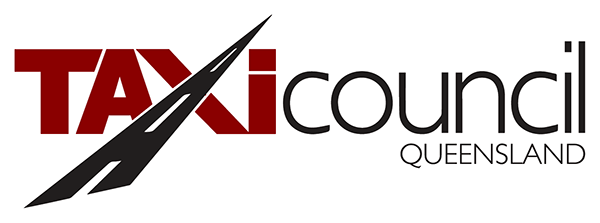Media release
August 10, 2018
The Royal Queensland Show (Ekka) is a key highlight in the Queensland calendar year, attracting on average 400,000 people from across the Sunshine State and beyond. As throngs of people make their way to the first day of the show today, the Taxi Council of Queensland (TCQ) is encouraging everyone to grab a cab for a stress-free and convenient commute to the show.
Show goers can avoid the hassle of traffic, crowded waits for trains, the agony of searching for a parking spot and the inevitable high cost of secure parking by grabbing a cab that can take you directly to and from the action.
This year’s show sees the return of the special taxi rank conveniently located on Costin Street, which is close to Gate 1 and it will have experienced taxi supervisors marshalling cabs and assisting passengers on site from 2:00pm – 10:00pm every day with two supervisors on duty during peak times from 4:00pm-8:00pm.
TCQ CEO, Blair Davies says taxis are a safer and more convenient option for those visiting from interstate or the country, as well as Brisbane locals.
“The Ekka is one of Brisbane’s biggest events. Sometimes folk travelling from outside of our city can find our congested roads confusing and intimidating at this time of year,” he said.
“And country visitors in particular need to be careful of ‘city-slickers’ with their surge pricing and their touting for fares in plain, unmarked vehicles. Taxis are a much smarter option with their calibrated taximeters and easily identifiable livery and hail lights. They are also safer because they’re fitted with sophisticated security cameras, monitored duress alarm systems and hard-wired GPS devices.
“Whether a visitor or a local, everyone grabbing a cab can be confident knowing they’re in reliable and safe hands commuting to and from the Show.”
Taxis can also pick up and drop off along O’Connell Terrace near Gate 5 and Machinery Street, near Gate 2, giving attendees greater options on getting straight to the action they want to see.
“We’re expecting the busiest times to be from 6:00pm-8:00pm so make sure you plan ahead to enjoy a quick ride to the show.
“Taxis are a perfect option for groups and families travelling together, and especially for the trip home with armfuls of showbags or after a few at the Cattleman’s Bar. Easiest of all, just wander out through Gate 1 to our taxi rank in Costin Street and jump into a waiting cab.
“Our cabbies are ready and waiting to help customers get to and from the Ekka safely and enjoyably. So take the worry out of how to get there, and just grab a cab as the smart travel option, for Queensland’s largest and most loved annual events” concluded Mr Davies.
ENDS
